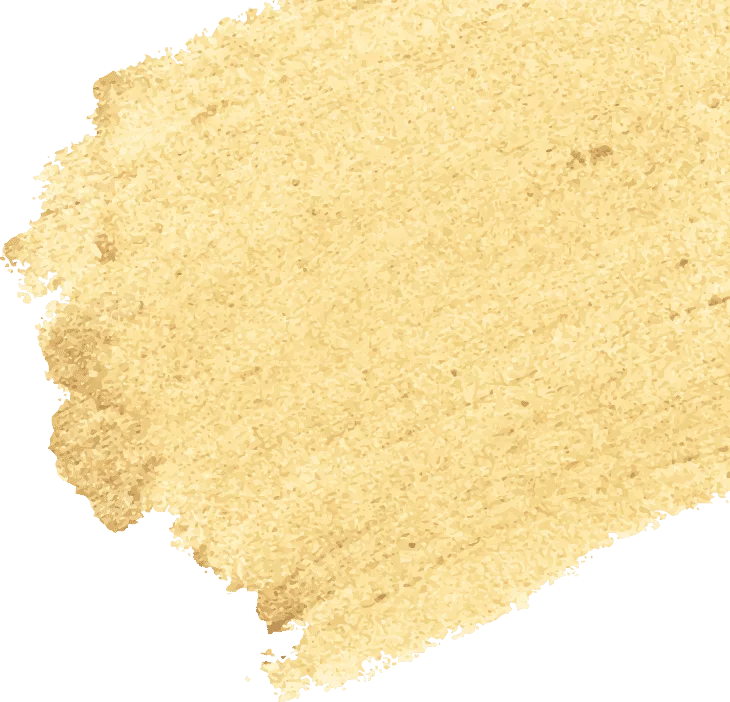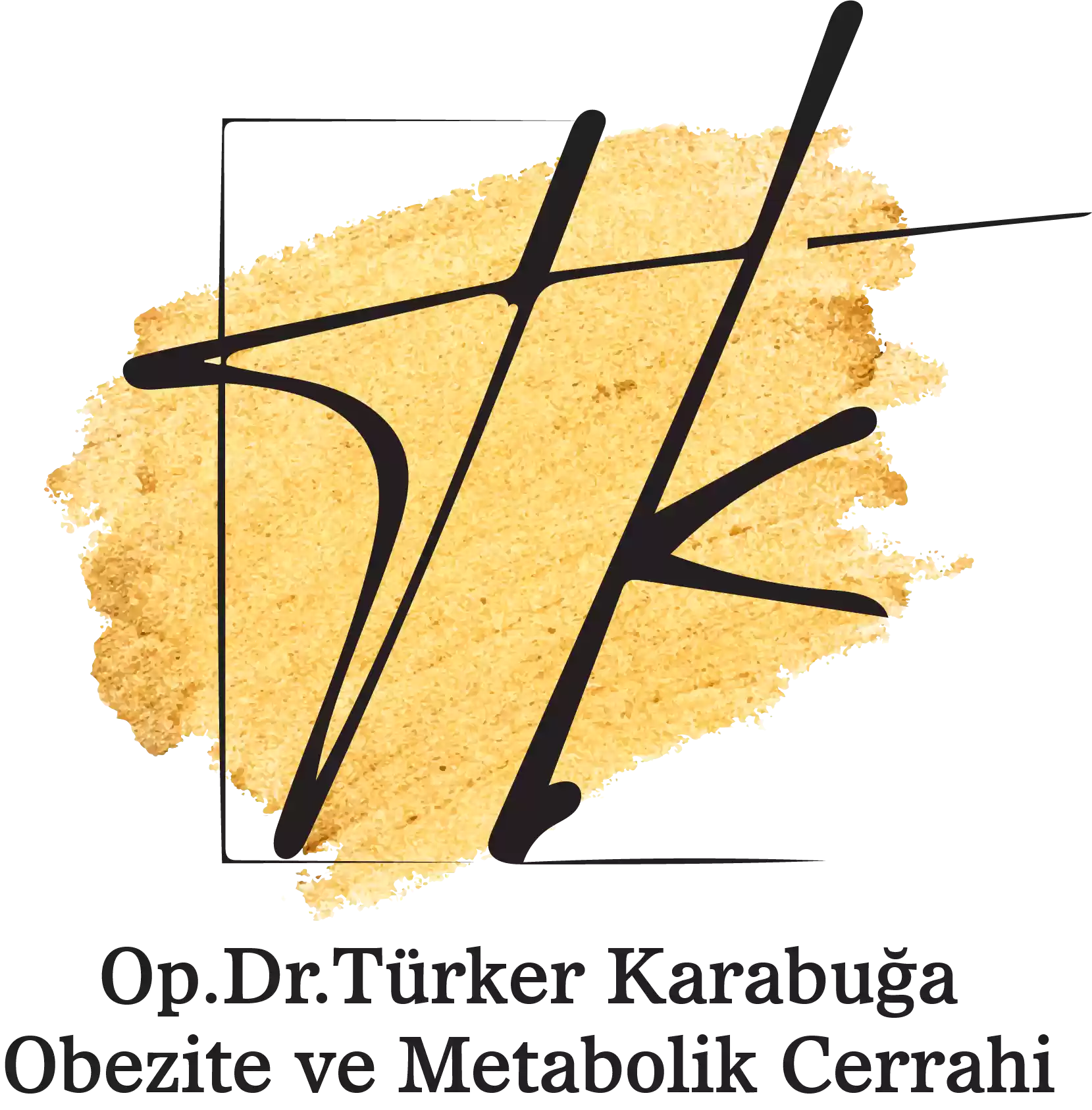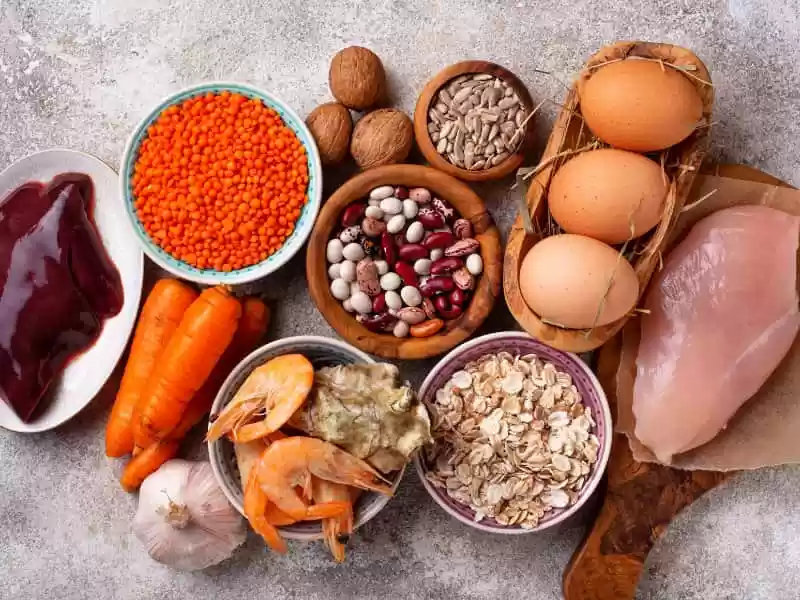Keratin is a type of structural protein found in your hair, skin and nails.
It is especially important for maintaining the structure of your skin, promoting wound healing, and keeping your hair and nails healthy and strong.
Keratin supplements are often said to help prevent hair loss, increase nail growth and improve skin texture. Still, plenty of healthy foods can naturally support your body's keratin synthesis.
Here are 10 foods that promote keratin production.
Eggs
Eating eggs is a great way to naturally increase keratin production.
In fact, they are a great source of biotin, an essential nutrient involved in keratin synthesis. A single cooked egg provides 10 mcg of this nutrient, or 33% of the Daily Value (DV).
What's more, egg protein supports keratin production with 50 grams of protein packed into a large 6-gram egg.
Other healthy nutrients in this ubiquitous food include selenium, riboflavin, and vitamins A and B12.
Onion
Onions are not only great for flavouring your favourite dishes, but also for boosting keratin production.
This allium vegetable is particularly high in N-acetylcysteine, a plant antioxidant that your body converts into an amino acid called L-cysteine, a keratin component.
Onions also provide folate, an essential micronutrient that is essential for maintaining healthy hair follicles (7 ).
Salmon
Salmon is packed with protein, with about 17 grams per 85 gram serving.
It is also an excellent source of biotin, another important nutrient that supports keratin production. Just 85 grams of canned salmon contains 5 mcg, or 17% of the daily requirement (4).
This fish is also high in omega-3 fatty acids, a type of heart-healthy fat that has been shown to help improve hair growth, increase hair density and protect against hair loss when used in supplement form.
Sunflower Seeds
Sunflower seeds are tasty, filling and flavourful.
They are also a great source of both biotin and protein to support keratin production. Just 1/4 cup (35 grams) offers 7 grams of protein and 2.6 mcg of biotin - 9% of the DV.
What's more, the kernel is rich in a variety of other micronutrients, including vitamin E, copper, selenium and pantothenic acid.
Mangoes
Native to South Asia, mango is a delicious way to squeeze extra nutrients into your diet while supporting keratin synthesis.
In particular, this tropical stone fruit is packed with 89 mcg of provitamin A - around 10 per cent of the daily requirement - per cup (165 grams)
Mango is also high in some other important nutrients for skin and hair health, such as vitamin C and folate (16).
Garlic
Much like onions, garlic has plenty of N-acetylcysteine, which your body converts into L-cysteine, an amino acid found in keratin (5, 6).
Although more research is needed in humans, some research suggests that garlic may help skin health. For example, a test tube study found that garlic extract protects keratinocyte cells responsible for keratin production from ultraviolet damage.
Test tube and animal studies also suggest that this popular allium vegetable may promote wound healing, fight microbial infections, and slow signs of aging.
Garlic also contains many beneficial micronutrients, including manganese, vitamin B6 and vitamin C.
Beef Liver
Beef liver is one of the most concentrated sources of biotin, making it a great choice if you want to increase keratin production naturally.
In fact, 85 grams of cooked beef liver contains 31 mcg of biotin and meets 103% of your daily needs.
Furthermore, the same amount of beef liver provides plenty of 24.5 grams of protein and 7,960 mcg of vitamin A - 884% of the DV.
Beef liver is also an excellent source of many other vitamins and minerals such as vitamin B12, folate, riboflavin and iron.
Keratin is a type of protein that improves the health of your hair, skin and nails. Several specific nutrients are required for keratin synthesis, including protein, biotin and vitamin A.
A balanced diet full of foods rich in these nutrients can help increase keratin production in your body.
These foods not only improve hair, skin and nail health, but are also rich in many other beneficial nutrients.








